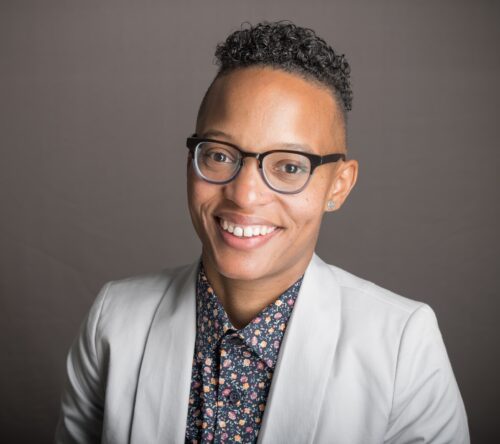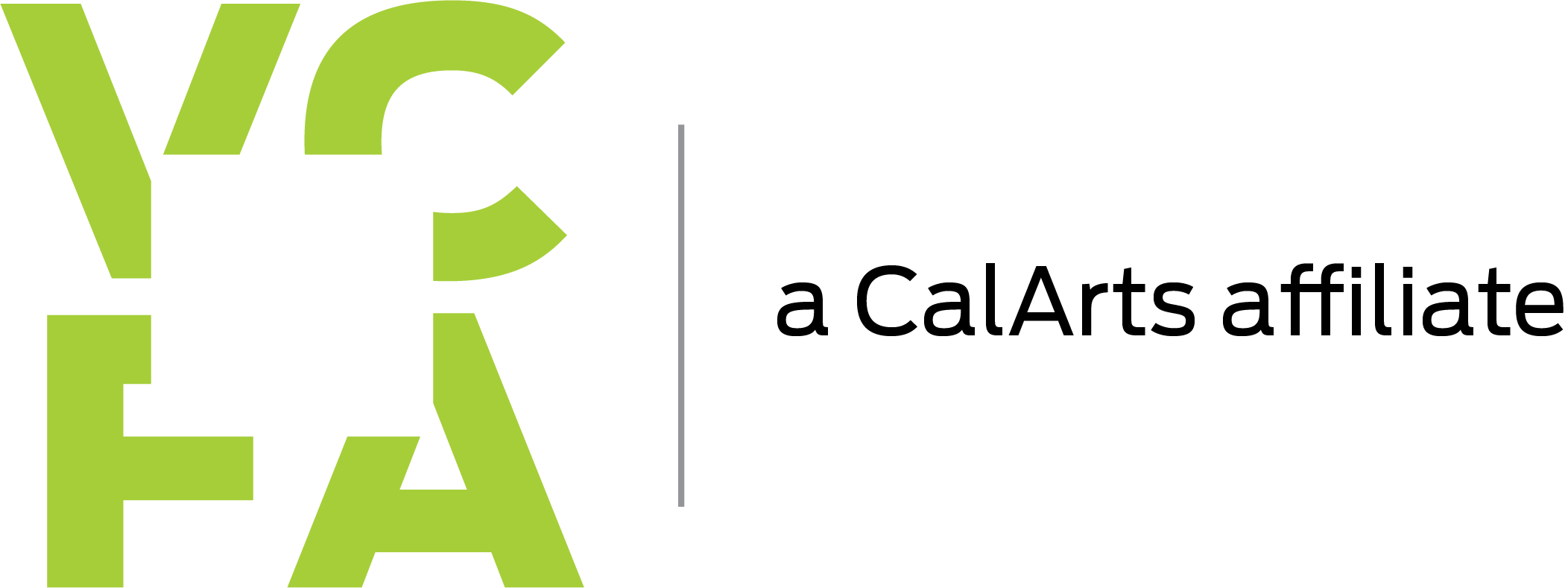Kei Slaughter, 2013 MFA in Music Composition
“Art is change. Art is a catalyst for organizing and moving people to action. Art has the power to reflect / reimagine / articulate people’s narratives and lifeworlds, especially those whose stories have been erased, exploited, or ignored.”
– Kei Slaughter
In the summer of 2022, we interviewed class of 2013 Music Composition alumnx Kei Slaughter. A vocalist, flutist, songwriter, composer, multi-instrumentalist, and music therapist, Slaughter is the creator of projects such as S O U L F O L K Sounds and the ever-expanding Pencil Fairy—two projects rooted in creativity and community. We spoke to Kei about their work, music, joy, and the future of their projects. Read excerpts from our conversation below.
ON HOW THEY STARTED EXPLORING THE WORLD OF MUSIC
I came to the world of music through my grandmother. Through the Black Church. Through New Orleans, my birthplace and hometown, and through New Orleans public school bands, and community music programs. You know, I was fortunate to be born into a musical family. As early as the age of five, my maternal grandmother, who was the organist and minister of music at our local church, made us (my sister and close cousins) go to youth choir rehearsal. When I tell this part of my origin story, I often point out the fact that I was initially resistant to participating in the choir because it meant waking up early on Saturday mornings, at least once or twice a month to attend rehearsals. As a kid, I believed that Saturday mornings were made exclusively for pancakes and cartoons, not church. Are you kidding me? That being said, it didn’t take long for me to fall in love with singing in the choir. I mean I really came to enjoy it—the songs, the bonds and friends we made, the thrill of “Youth Sunday,” all of it. It was a good time. I found connection and belonging there. It also gave me a space to cultivate my singing voice and other musical talents. I grew up in the AME (African Methodist Episcopal) Church, which gave me a foundation for singing (as a soloist but also congregational singing), for intergenerational community-building and wisdom sharing, call and response, witnessing people in their lived experience—joys, sorrows, and everything else. Although the church did not offer me many allies for my queerness, even while I was in a process of questioning and trying to understand and figure out who I was, the church did provide me with a space that affirmed my Blackness, Black/African-American legacies and histories, and brilliance.
 I was involved in a lot of music-based activities outside of the church, as well. At age eight, when I was in the third grade, I started playing in the school band—both concert and marching ensembles. My grandmother also got us into private gospel piano lessons when I was about eight years old, as well as a community-based jazz and arts performance workshop grounded in African Diasporic cultural and musical traditions. My first round of private flute lessons, which were more focused on jazz, soul, pop, and Black American musical styles, started around that time, as well.
I was involved in a lot of music-based activities outside of the church, as well. At age eight, when I was in the third grade, I started playing in the school band—both concert and marching ensembles. My grandmother also got us into private gospel piano lessons when I was about eight years old, as well as a community-based jazz and arts performance workshop grounded in African Diasporic cultural and musical traditions. My first round of private flute lessons, which were more focused on jazz, soul, pop, and Black American musical styles, started around that time, as well.
ON THEIR COMMUNITY MUSIC AND WELLNESS PRACTICE, S O U L F O L K SOUNDS
S O U L F O L K Sounds is a “space” or a platform that I facilitate, one that I articulated and started to talk about publicly in 2018. When it first launched, I described it as a radical community music and sound healing practice centering LGBTQIA+ Black Indigenous People of Color. Now in 2022, in fewer words, I would just say that it’s a community music and wellness practice that focuses on elevating, nourishing, and sustaining Black Queer and Trans Communities in the US and beyond. The practice is grounded in Black/African Diasporic musical and cultural lineages, as well as Black methodologies of healing, creativity, and care. Our core offerings include individual and group music therapy services, music and art production, community programs, and consulting/training. As a board-certified music therapist and community-oriented healthcare practitioner, I like to think about my work as existing at the intersections of holistic healing, trauma, and abolition. I endeavor to bring cultural humility and an intersectional anti-oppressive approach to all facets of my professional work and life. S O U L F O L K Sounds provides a home or a hub for this work and reflects the integration of my professional identities as artist, therapist, and community activator (people mover).
ON HOW THEY’VE SEEN MUSIC TOUCH LIVES THROUGH THEIR WORK
Over the last 12 years, I’ve worked most often with BIPOC youth and young adults. These days, I work primarily with Queer and Trans-identified adults and adult survivors of sexual violence. Using music in dynamic ways to assist people in accessing different parts of themselves and their experience is something I’ve found to be profoundly meaningful in my work, and/or getting to explore their playful side or a challenging life event through vocal or instrumental improvisation. It’s different for every person, but I’ve certainly witnessed the effect that music and musicking has on people and the potential for transformation. In other instances, using songwriting and creative digital composition in my practice is also something with which people have resonated, especially when they are able to activate their agency and shape what happens in the music or the overall experience. Sometimes the music people choose to listen to or create in a group or individual session has so much significance to them and their lived experiences. So to engage with music in a way where they aren’t judged for how they sound, or what they produce, can be incredibly affirming, can offer spaces for connection to other people, to their culture, and/or core identities. I’ve also had people tell me how much connecting with their voices in a more intentional way has been liberating and meaningful for them. Music can be a powerful resource for people, that’s for sure, and every person is different in terms of how the music “touches their lives.”
ON THE IMPORTANCE OF CENTERING COMMUNITY WITH S O U L F O L K SOUNDS
Community is incredibly important to me, and I would say that it is a core value of mine. I also recognize that it’s a word that gets thrown around a lot and holds different meanings for people across cultural contexts. The late and esteemed Black Feminist writer Audre Lorde said that “there is no liberation without community” and that this does not mean that we shed our differences or pretend that they do not exist. For me, community is liberation. What we can do collectively towards social change and making the world better is greater than what we can do alone. I believe that. I grew up in a relatively large family and was fortunate to have a lot of social support around me and a really strong sense of community—from church to school, to the local neighborhood. Growing up in the church and in Black neighborhoods in New Orleans in particular gave me education in what it means to have or be in community, people looking out for one another, tending to one another, showing up for each other through good times and bad, to put it in those sort of simple flattened terms.
In addition to being actively involved in music things in the church, I was also a young preacher, which meant I had a lot of attention on me growing up in that setting. When I came out as queer, in a church that was not affirming of queerness, I lost some of that community and familial support, at least for a time. As I got older, it became increasingly more important for me to find and create chosen kin where I could be and belong as my authentic self; to find artist, BIPOC, and queer community in the places I’ve lived played a huge part in my growth and understanding of myself. Having a strong sense of community is a balm. To be wrapped in care and love by people who “see” you, can be really healing and empowering.
Through my work with S O U L F O L K Sounds, I seek to create and co-create spaces where people can be witnessed, affirmed, held, enjoyed, delighted in, etc, for exactly who they are, in the fullness and brilliance of their being. Come as you are.
ON THE PENCIL FAIRY AND THE FUTURE OF THE PROJECT
The Pencil Fairy is a creative heart project of mine that began to conceptualize in 2014. My dream is to one day open an online store and eventually a brick-and-mortar store to celebrate and share my love of pencils! It all started when I was working at a residential treatment facility in rural Pennsylvania, not too far from Philly. One of my co-workers at the time, Pete, used to bring his pencil case to our department meetings. The case was always full of freshly sharpened pencils, and I don’t know why, but I was intrigued and especially drawn to them. Not just the pencils, but the care my colleague seemed to have for these tiny little objects (making sure each one was sharpened just so). One day I told Pete that I really enjoyed seeing his pencils, and I especially liked the medium to smaller ones because I could potentially place them behind my ear (as an accessory of sorts). A few days later, after that random, very brief conversation, I found a small cardboard box of freshly sharpened small-to-medium-sized used pencils of all shapes and sizes on my work desk. Pete left them for me. No note, or card, or anything, just the pencils, but I knew exactly where they came from. Then the pencil gifts kept appearing, when I would least expect them, along with a wooden duck sharpener, affectionately known as Ducky. Eventually, I started referring to Pete as my “pencil fairy,” and the name of this project was born. The PF isn’t a store quite yet—perhaps I’ll turn to that in my retirement (!)—but it exists as an imprint of sorts, a moniker, and alias. I also enjoy taking pictures of pencils—some from my collection or just in the world. I maintain an Instagram account where I get to share and archive images from my collection, fun pencil discoveries or findings, and other pencil-related musings.
What I hope to do in the future is to host and curate workshops, playshops, and other events through the Pencil Fairy, where Black Queer and Trans creatives/artists are centered and elevated. This might look like a series of writing playshops, pencil-making or pencil-sharpening workshops, songwriting and storytelling circles, conversations that help people connect to childhood pencil memories, etc. As a musician, I also really want to do an event where everyone gets a school desk and a set of pencils to musically/sonically jam with, explore sounds, and make something interesting together. Things like that. For me, these are just some of the things that uplift Black joy and celebration.
ON THE PERSONAL IMPACT OF THESE PROJECTS
Both of these initiatives and passion projects are inspired by my lived experiences, my love for and relationship to Queer and Trans Black community, the values I hold around artistic processes, storytelling, creativity, and play. These projects invite me into curiosity and explorations of the unknown and the known. Tapping into parts of myself that are alive and playful, spontaneous and jubilant, unsure, and undone. When working on anything related to S O U L F O L K Sounds or The Pencil Fairy, I feel more in touch with desire to bring people together, to express care, to foster meaningful relationships with people, to share and listen to stories, to use art and music in service of these aims and experiences, and to use music and art to promote health, wellness, social change, and transformation. It’s not always about the product per se, but the process is rich. The getting there. What we learn when we open to a new way of seeing or thinking about something. That can be cathartic in and of itself. I believe that both S O U L F O L K Sounds and The Pencil Fairy spring from the same spirit in me: joy. My art and my personhood are better for it, when I’m tending to things that bring me joy.
Learn more about Slaughter’s existing and upcoming projects, and how you can support them, at keislaughter.com.

